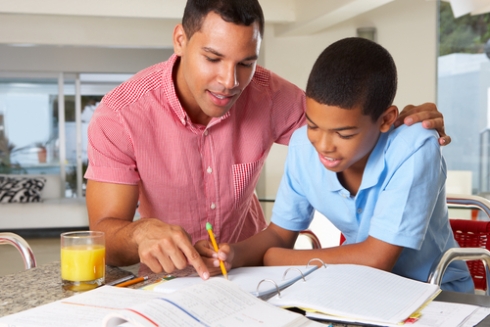A journalist’s take on why teachers are all incompetent, whinging drop-outs that are ruining kids’ lives…
This article claims that, despite increased spending on education in Australia, standards continue to slip. Fortunately for the future of Australia, the article also has the answers! The ‘those that can, do, and those that can’t, teach’ saying is true of Australian teachers: A group of “academic failures… coming from a substandard poor of graduates who themselves struggled at school”. Perhaps “uninterested, incompetent or jaded”, “teachers pass on their own academic deficiencies to their students” and believe they’re “somehow above scrutiny and assessment”. With their “persistent whinging and striking”, teachers can be “a destructive force who can inflict significant damage to a child’s long-term learning outcomes”.
I feel the title “Teaching Should Not Be A Last Resort As A Career Choice”, for Rita Panahi’s column in the Herald Sun this week (yes, I read the Herald Sun now and then over coffee at my local café – don’t judge me!), is a tad misleading and didn’t accurately capture the tone of the article. Perhaps “Why Teachers Are All Incompetent, Whinging Drop-Outs That Are Ruining Kids’ Lives” was Panahi’s first choice but was deemed too polarising by her editors?
Teachers receive a lot of criticism. But hey, scrutiny is fine. Being held accountable is fine. We are entrusted with an extremely important task – Improving the life-chances of children, by facilitating their academic, social, emotional and behavioural development. Yep, pretty important, and of course, we only want the very best for that task! However, there do seem to be awful lot of teacher-haters out there. From politicians, journalists, parents and the wider community, teachers cop a hiding. We do need thick skins, particularly when hearing or reading unnecessarily spiteful and thoroughly ill-informed opinions. Remember, Rita Panahi, teachers are people too… Unlike journalists J
While I agree with Panahi’s suggestion of “weeding out the chronic underperformers” and that “teaching should be a profession that is held in the highest esteem, not a last resort option for those who can’t gain entry into any other course”, I can’t help but feel a bit knocked around by her article. Did any other teachers feel attacked?


